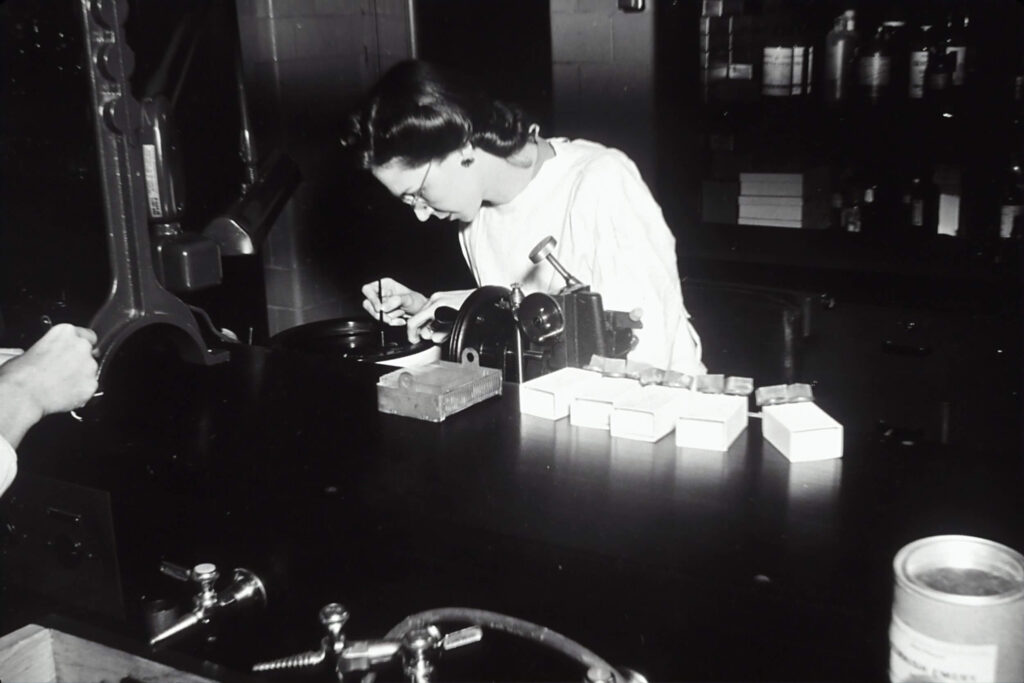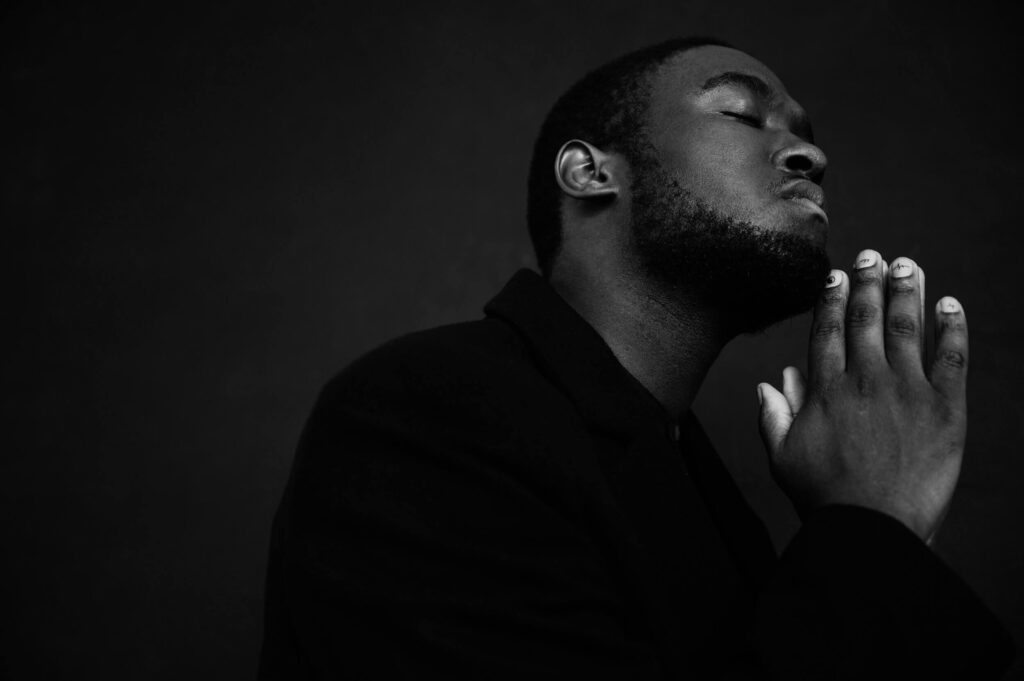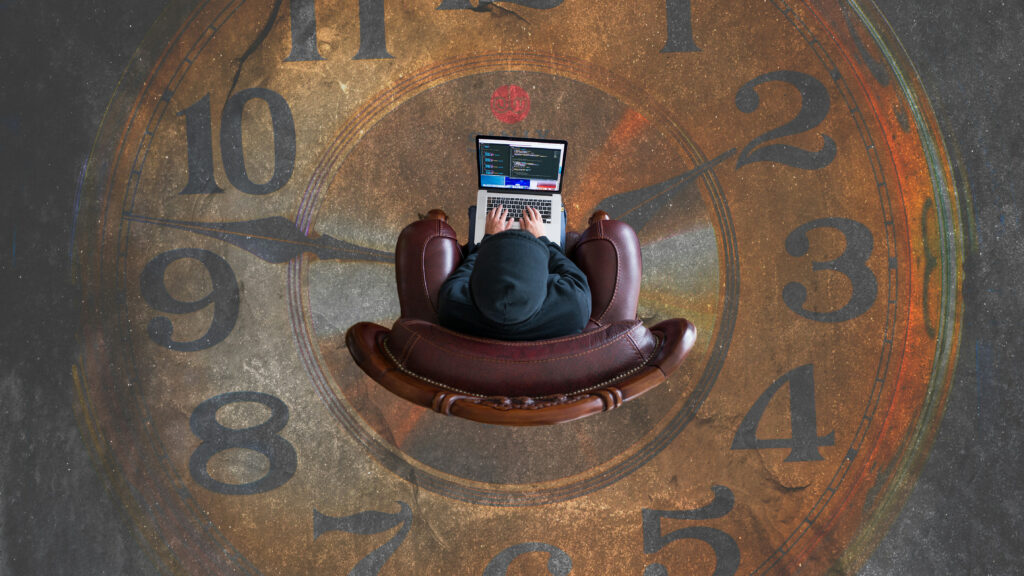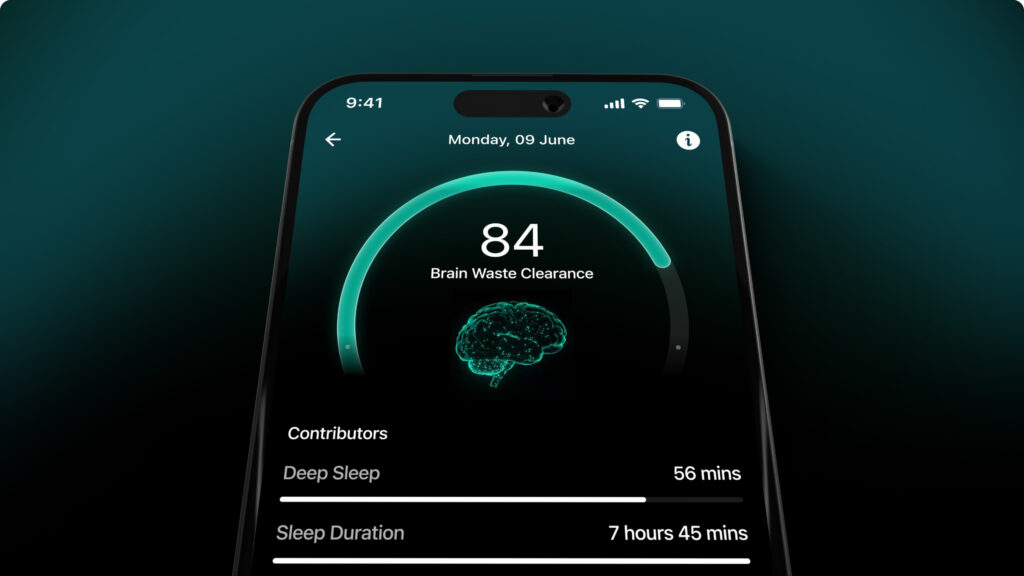During World War 2, wounded American soldiers would lie on the battlefield, patiently waiting in pain for the combat medics and nurses to bring medications to help them get back on their feet, either to get back to the base camp or to go forth and continue fighting the war.
The problem was that the most commonly used drug that would help these soldiers was morphine, due to its painkilling and epinephrine-inducing effects. Morphine was in very short supply at the time, however, largely because the number of soldiers in need of it increased drastically over time as the war carried on.
In one instance, army doctor Henry Beecher noticed that one of the nurses accidentally grabbed a vial of saline water in place of the similar-looking morphine vial and injected its contents into a hurt trooper. Miraculously, the soldier felt immediate relief and was shortly back on his feet!

Highlights
- The placebo effect is a result of what happens when someone believes in what they are experiencing,
- The placebo effect falls under the category of a mechanism that neuroscientists describe as self-directed neuroplasticity,
- There are different factors at play here that utilize these processes and brain regions like hormonal response, classical conditioning, expectations and genetics.
In Latin, the word placebo translates to ‘I shall, please’. The placebo effect can be defined as: “A beneficial effect produced by a placebo drug or treatment, which cannot be attributed to the properties of the placebo itself, and must therefore be due to the patient’s belief in that treatment.”
It is the result of a person’s beneficial belief that overtakes their sense of optional unhealthy realities. It happens when an individual’s health or performance appears to get better and consistently improves after consuming a placebo or allowing their mind to be plied through one.
The placebo effect and a placebo are different things. The placebo effect is a result of what happens when someone believes in what they are experiencing and expecting, while a placebo is the fact or object, such as the saline water that Henry Beecher observed being used, or a new beneficial belief that they actually find trustworthy.
Therefore, a placebo can also be administered on oneself, without the involvement of a third party or an external source like the medical industry. The placebo effect here falls under the category of a mechanism that neuroscientists describe as self-directed neuroplasticity, where the mind can learn to improve and develop through internal belief and a sense of mindful healing.
Belief seems to be the primary reason a placebo is picked up by people.If this belief has the ability to convince us of something that is not real or does not exist in the first place, then this belief can be put to a greater purpose than the one intended for use by doctors and medical practitioners.
Placebo has the ability to make you believe in something and watch it happen, so why not learn to control this belief to make your life better in any way you want and not just when you’re being manipulated?
Seeing how placebo is a way for you to tune your mind to your needs, let us learn to hone it as a skill rather than thinking of it as an underlying mechanism.
The science
The question that begs to be asked now is, why exactly do people experience changes in their biology and physiology as a result of fake medication and self-directed placebo? Research on the functioning of the placebo effect continues to this day as to the precise neuroscience behind it.
Studies carried out so far indicate that placebos are associated with specific brain areas, particularly the hypothalamus and the basal ganglia.
Neuromediators like opioids and dopamine show a correlation with pain reduction in the central nervous system regions associated with pain construction.
The basal ganglia and the thalamus consist of lots of different nuclei, each of which behaves like processing junctions for various sensory inputs from the somatosensory organs.
Hence, the results from these studies confirm that certain parts of the thalamus are crucial for the sensation and recognition of pain, and were strongly associated with the placebo effect, due to the fact that a placebo works when the feeling of pain is reduced.
It is argued that there are different factors at play here that utilize these processes and brain regions, and here are some of them:
1.Hormonal responses: This explanation fits in with the time when Dr Beecher noticed the soldier being administered saline solution in place of morphine.
It is a fact that endorphins are triggered and released upon consumption of a placebo, with belief guiding the body systems to repair itself in real time. Endorphins have been observed to have a molecular structure that closely resembles morphine and other similar painkilling opiates that are released as part of the central nervous system’s natural painkillers.
In a study conducted to test the effects of a placebo on the neurobiology of the brain, researchers noted that in both the treatment (control) group and the placebo group, opiate receptors were found to be activated under the functional magnetic resonance imaging (or fMRI) scans of the brain.
This could be a possible explanation to demonstrate why one might not be able to distinguish between placebo and real medication and so end up falling for it under the guise of plain strong belief and expectations
2.Classical conditioning: Another way a placebo can be picked up by someone is through the age-old method of subconscious conditioning.
Similar to how Pavlov’s dog would begin to salivate when the bell rang, even though there was no sight of food, we humans have a way of placing a placebo on ourselves without realizing it.
When we pair certain medications with psychological relief as a result of consuming said medication, we subconsciously start to confirm associations between these two stimuli and the resulting learned response.
For instance, if you regularly take a crocin to relieve yourself of some headache, you have begun to form associations between the pill and pain relief. If you are now given a fake but similar-looking crocin, you will still be relieved of your pain because the association works to your belief.
3.Expectation: What is believed to actually be experiencing a motivated and spirited moment, the science of anticipation plays a crucial role in the placebo effect.
For example, a highly driven patient who believes and hence expects the treatment to work is more likely to experience a placebo themselves. Similarly, even a highly enthusiastic doctor could have an impact in terms of boosting the patient’s anticipation for the medication to work or his/her belief in the treatment.
This applies to some extent to the prescribing of real medicine too, for instance, if the doctor seems to be very positive in nature, the patient is more likely to see improvement in their health from taking the medication.
4.Genetics:

A study conducted in 2015 confirmed “neurotransmitter pathways that mediate placebo effects”. Any genetic variation that is present in this region has the potential to modify the effects of the placebo, as observed during multiple randomized clinical trials (RCTs).
This proves that a process of genetic screening can identify these placebo responders and improve the efficiency of the RCT.
Therapeutic care is an industry that can benefit from this discovery since interactions between the placebo receptors and the drug molecular pathways allow RCTs to be conducted with more control over the genetic variations.
To put it in simpler terms, being a human has more benefits than we could ever imagine. We are given a large forebrain, where the prefrontal cortex resides, which gives us the ability to turn thought and belief into reality.
To be able to understand and see how the system works, we must first understand the three key elements that make up the mechanism of a placebo: conditioning, expectation and meaning. In order to orchestrate a well-rounded response, the placebo must bring together these three concepts to work in sync.
Actionables
Expecting a stressor is always difficult to deal with. When you know that something is coming your way that will disrupt your pattern of being able to stay calm, your nervous system releases cortisol, a stress hormone.
Cortisol is responsible for communicating between your body and brain that stress is imminent. Hence, the expectation of the stress is a seed for the stress.
However, it can be a source of relaxation too, as the anticipation of belief and the ability to confront the stressor has also seen a decrease in cortisol levels, thereby suppressing the levels of stress and increasing the dopamine reward system.
We have the ability to build on positivity with the help of self-directed neuroplasticity that encourages the engagement of dopamine and serotonin to develop the necessary skills to tackle the stressor.
Knowledge of the future’s negative events does not take away from the fact that there is negativity in the future. Rather, it adds to the motivation that one now has the resources, such as proper time, to find a solution. It allows looking at the bright side of every problem.
James Clear explains in his book Atomic Habits: An Easy & Proven Way to Build Good Habits & Break Bad Ones, that we condition our minds by making habits.
So when we condition our minds to react the same way towards different stimuli, to believe that we can go past and heal, that is exactly what will happen.
Cues, such as observing behaviours, reading kinesthetic signs such as confident body language and stern eye contact followed by verbal patterns of demanding unshaken attention, all play a role in tuning our minds through unnoticed placebos.
These cues support the ability to carry out cognitive tasks such as conditioning, anticipating and providing meaning to form associations.
Conclusion
A placebo can be seen as a gimmick, a scheme or even a joke to try on someone and have a good laugh if it works.
But it is essentially the first evidence of the human mind taking complete control of the body with the sole purpose of healing and performing, through pure and raw belief.
These are some pieces of evidence that support the statement that a placebo is an effective way of treating different conditions and diseases—this is proof of how powerful the human mind really is, and how far it can take us. A placebo is basically nothing—a fake, a counterfeit, like a pirate.
But it ends up giving us everything and more, saving lives in the process—that’s the amount of impact a sense of belief can have on our minds, performance and physiology.
Remember, it’s all in your head.
Disclaimer: The contents of this article are for general information and educational purposes only. It neither provides any medical advice nor intends to substitute professional medical opinion on the treatment, diagnosis, prevention or alleviation of any disease, disorder or disability. Always consult with your doctor or qualified healthcare professional about your health condition and/or concerns and before undertaking a new healthcare regimen including making any dietary or lifestyle changes.








